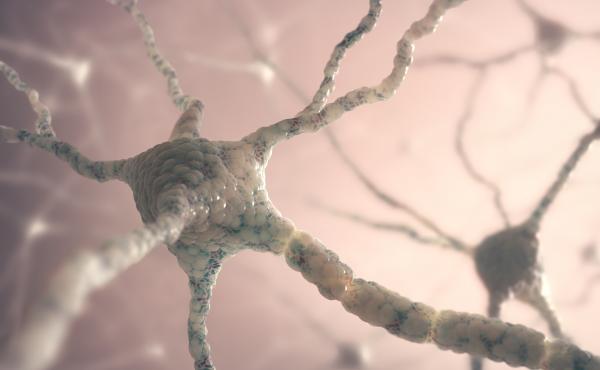Clinical and Risk Factors for Neurodegenerative Diseases Research Group
The Clinical and Risk Factors for Neurodegenerative Diseases Research Group examines the biological processes that precede dementia’s onset. Its aim is to establish prevention programs to stop or, at least, delay the occurrence of cognitive decline and dementia in asymptomatic persons at risk. This research group is composed of a multidisciplinary team with experts in clinical, genetic, biomarker, and neuropsychological assessment.
Research lines
Dementia prevention toolbox
In order to better classify and stratify patients and people at risk of developing Alzheimer's, personalized medicine is needed, in which diagnosis, treatment and prevention are tailored to the characteristics of each individual. The objective of this line is to assess whether disclosing individual risk profiles for Alzheimer’s disease is safe from the emotional and psychological points of view, and if there are any benefits derived from personalized plans received by these individuals.
Association between sleep disorders, cognition, and Alzheimer’s disease
This line evaluates the impact of sleep disorders on cognitive performance and cerebral morphology in cognitively unimpaired and with mild cognitive impairment individuals, as well as their association with biomarkers of Alzheimer’s disease.
Subjective cognitive decline
The objective of this line is to identify the psychological clinical and biological factors that affect the subjective perception of memory and other cognitive capacities in aging and their association with an increased risk of Alzheimer’s dementia.
Characterization of the objective subtle cognitive decline stage
The concept of mild cognitive impairment (MCI) was developed more than two decades ago to define the transitional stage between healthy cognition and dementia, and currently is fully recognized as a risk factor for cognitive deterioration. However, the latest clinical and research criteria recognize a pre-MCI stage in individuals with evidence of Alzheimer’s disease pathology and define it as transitional cognitive decline. Within this research line, the group aims at operationally defining objective subtle cognitive decline using more sensitive methods and intraindividual cognitive change to capture such pre-MCI decline.
The role of vascular risk factors in Alzheimer’s disease pathophysiology
The aim of this research line is to evaluate whether vascular risk factors, such as hypertension or obesity, are associated with increased Alzheimer’s disease risk and its underlying mechanisms.
Effect of dietary intake of omega-3 fatty acids in preclinical Alzheimer’s disease
Dietary fat quality is a major determinant of health and disease. This line focuses on studying whether dietary intake of the omega-3 DHA or its parent foods in the preclinical stages of Alzheimer’s might help to delay the onset of the cognitive impairment.
Establishment of multimodal interventions to prevent cognitive decline
The aim of this line is to design and establish multimodal interventions and to assess their capacity to halt or delay cognitive decline. An example of this is the PENSA study, focused on investigating whether an intervention based on the follow-up of a healthy lifestyle, complemented with a natural compound of green tea called EGCG, prevents or delays cognitive impairment in a population of cognitively unimpaired APOE-ε4 carriers with subjective cognitive decline.











